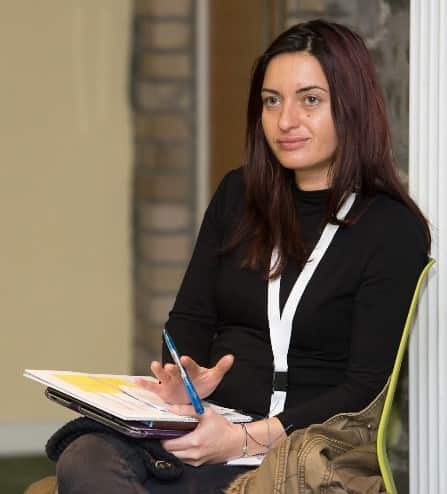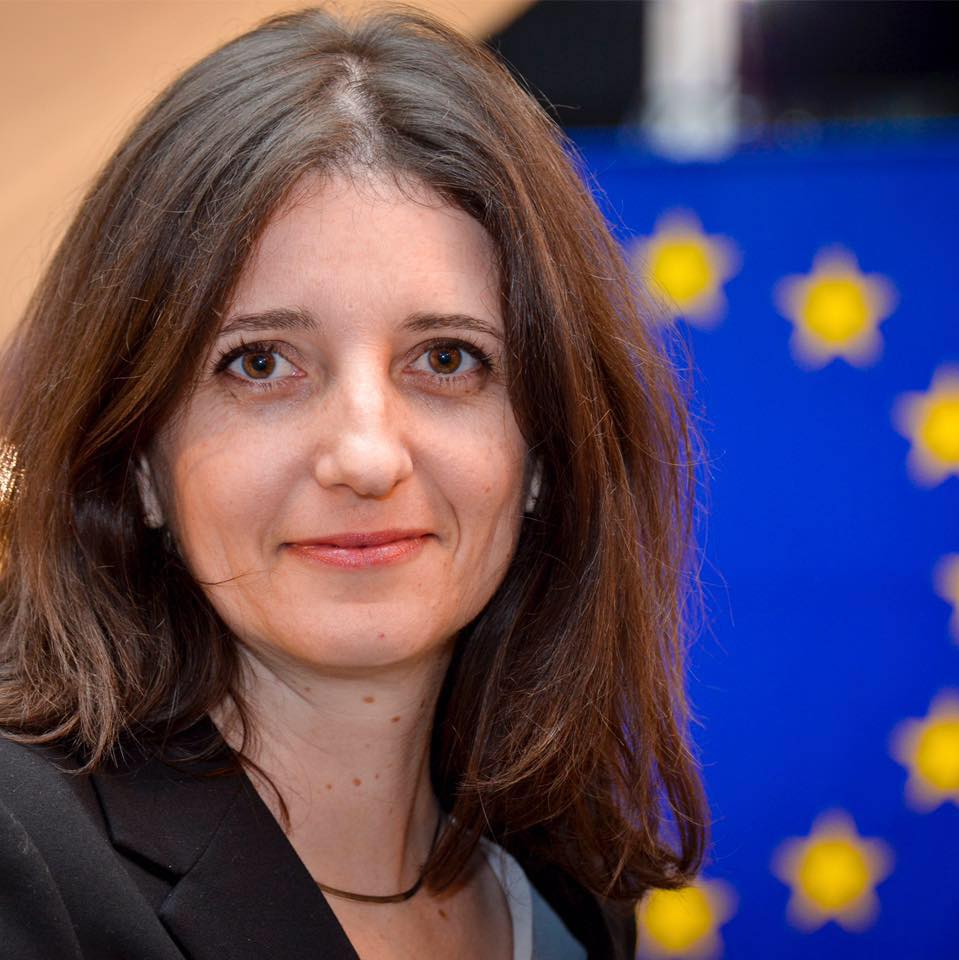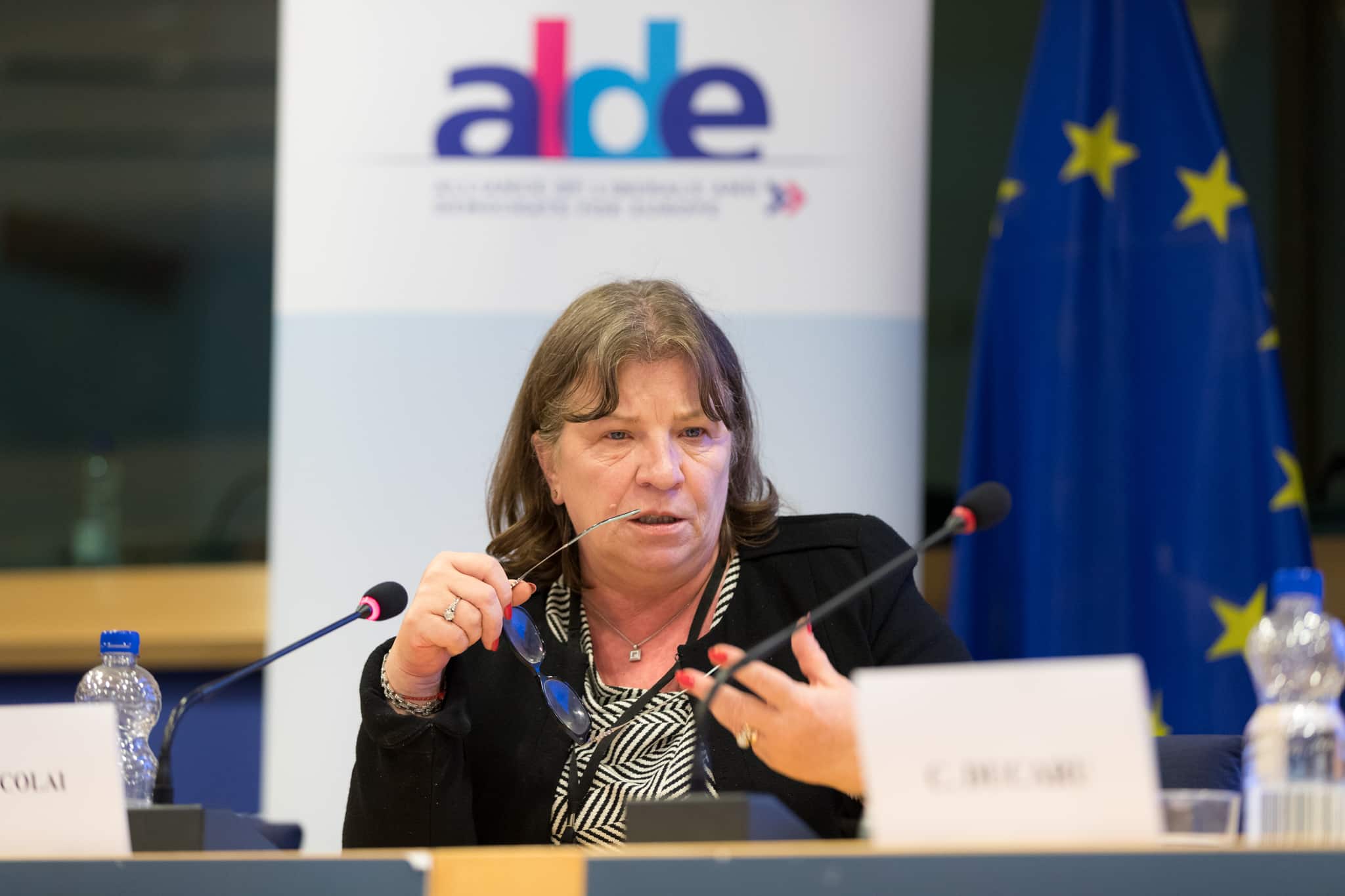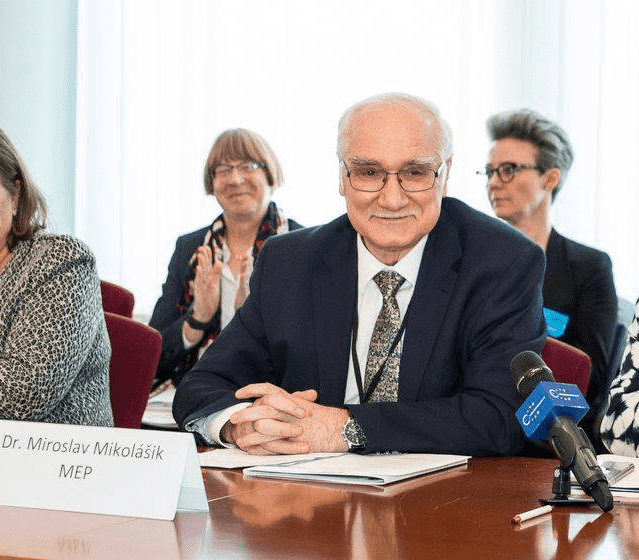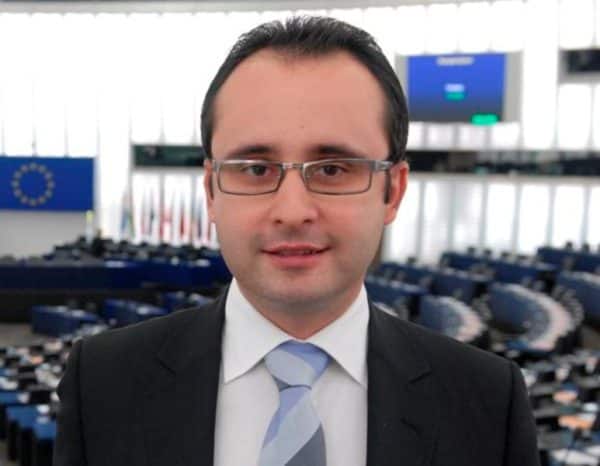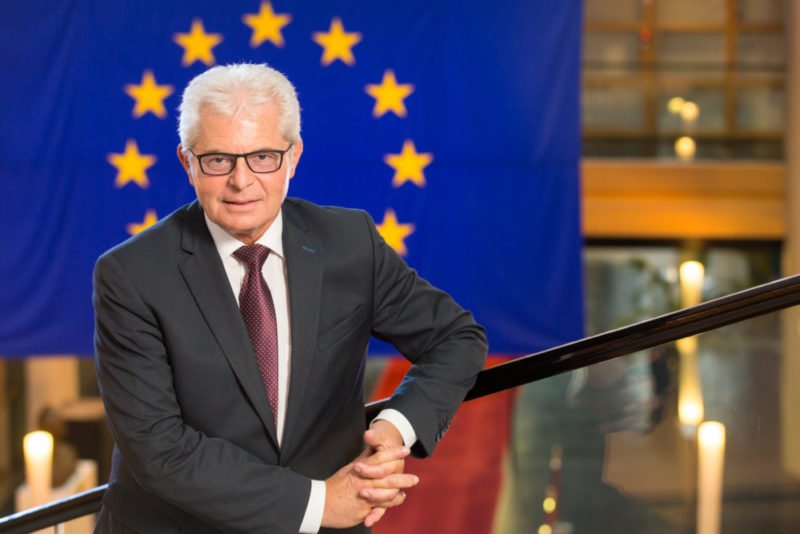Event Report: EHC Round Table of Stakeholders on ‘Markets and access: bridging the gap between people and innovative treatments’
About the event
On Tuesday 3 December 2019, the European Haemophilia Consortium (EHC) held a Round Table of Stakeholders on the topic of ‘Markets and access: bridging the gap between people and innovative treatments.’ The event took place at the European Parliament in Brussels, Belgium, and brought together over 40 participants representing patients, clinicians, industry, academia and policy-makers. The event’s agenda is available on the EHC website. Pictures from the event are on the EHC Facebook page. The event was hosted by Member of the European Parliament (MEP), Mrs Kateřina Konečná (GUE/NGL). MEPs Tomislav Sokol (Croatia/EPP) and Frances Fitzgerald (Ireland/EPP) also attended and addressed the audience.
The haemophilia treatment landscape and access to haemophilia therapies in Europe
Haemophilia is a rare bleeding disorder caused by a genetic defect preventing normal blood clotting. People with haemophilia do not produce – or have low levels of – two coagulation factors, FVIII, which causes haemophilia A and FIX, which causes haemophilia B. Replacing the missing factor through regular infusions of coagulation factor concentrate, a medicinal product, has been the gold standard of treatment for haemophilia. However, in recent years novel therapies with either extended half-lives or entirely new modes of action have been either licensed or are in the final stages of development. These changes have the potential to overhaul the haemophilia treatment landscape in Europe altogether. Nevertheless, many patients in Europe are still facing difficulties in accessing standard treatment, and therefore, there is a concern that patients will struggle to get access to innovative therapies.
Although healthcare remains a national competence in Europe, there have been in the past few years attempts from European institutions and the Member States to harmonise somewhat how novel therapies, in general, are assessed, hence streamlining access for patients. In this context, the EHC decided to organise a Round Table of Stakeholders to present current issues in access to treatment and brainstorm potential solutions.
Findings and discussions
The haemophilia treatment landscape in Europe is very diverse and is entirely dependent on national evaluation and reimbursement systems within each Member State. Therefore, patients in Europe will access different treatment depending on where they live. Mr Declan Noone, President of the EHC, argued that to understand long-term efficacy and safety of novel therapies better, and hence, adequately assess their value, will require stronger data collection. Also, Member States will need to consider new funding models with completely innovative therapies such as gene therapy, which will be a one-off-expense and medicine with the potential to last for several years.
New treatments will also have longer half-lives, which means that they will be administered much less frequently and will potentially mean fewer visits for patients to the comprehensive care centre. Besides treatment, people with haemophilia need to access several healthcare services for improved quality of life. There is a concern that if treatment centres are less visited, they will lose funding and ultimately will be either closed or absorbed by other hospital departments. The problem is that more than ever, people with haemophilia will need access to specialists who understand not only their condition but these new medicines and their potential side-effects and interactions with other medication.
During the event, participants heard three case studies in three different Member States, France, Germany and the United Kingdom (UK), on how patients fail to interact with and understand the evaluation process of novel medicines due to evaluation processes and lack of transparency. These patients also highlighted poor understanding from assessment authorities of both haemophilia and novel therapies.
The case studies outlined some of the issues described above. In France, there were considerable delays in the evaluation and reimbursement process for novel therapies for haemophilia due to a lack of clinical effectiveness data. In the UK patients were confronted to complex and opaque procurement systems where they struggle to understand how the medicine is evaluated and which budget is used to reimburse them. In addition, patients are unable to provide their input on the evaluation of the benefits of new therapies. Finally, in Germany, a new law changed the distribution system of haemophilia treatment away from specialised centres. This situation not only threatens the long-term existence of treatment centres but also can potentially put patients’ safety at risk.
A panel composed of clinicians, patients, academia and industry discussed how these challenges could be addressed. Panellists highlighted that the reimbursement and uptake of novel therapies would be a challenge not only in haemophilia but also in many other disease areas. That, therefore, Member States will need to think out of the box to design new payment mechanisms. In this regard, panellists highlighted that prices would need to be adjusted depending on the country so that a maximum number of patients can access these medicines. They stressed that currently the reason why wealthier countries get lower prices is the certainty they give to companies of their ability to purchase larger volumes of treatment in the long-run. During the discussions, speakers also noted the need to widen evaluation of novel therapies to include their impact on the whole quality of life of patients, with endpoints such as the impact on mental health, independent living, pain and also micro-bleeds. Panellists underscored that even with ‘state of the art’ treatment, patients still experience bleeds and joint damage. This will need to be taken into account when evaluating new treatment products. Industry representatives stressed that they were committed to innovation but also to ensure the long-term sustainability of health care systems.
Conclusions
The Round Table discussions highlighted the difficulties in access to current therapies and expressed concern for access to novel therapies in the near future. The event raised more questions than provided answers and showed the need for continued discussions and exchanges on this topic. The assessment of haemophilia therapies will need to change as we can no longer only refer to Annual Bleeding Rate (ABR). On this point, better data collection systems will need to be designed so that real-world evidence can be used and complement clinical trial data for the evaluation of medicines. In this regard, speakers stressed the need to move away from the word ‘convenience’ when describing novel treatments with either lower infusion rates or subcutaneous administration as these are not only ‘convenient’ but have an actual impact on patients’ quality of life.
With many technologies available, patients and clinicians will need to establish which patient profile should get access to which technology and at which stage of their life. On this note, speakers stressed the importance of personalising treatment so that it is best adapted to patients’ needs. The draft European legislation on health technology assessments (HTA) was noted as perhaps a means to help improve evaluation of therapies and access to treatment. Speakers and participants also expressed concerns over the budget impact of novel therapies. In particular, participants expressed concern over treatment products that are forecasted to have a high budget impact, such as gene therapy.
MEPs attending the event told participants to take advantage of the new parliamentary term. It is vital to engage with MEPs and bring forward patients’ concerns.
The next EHC Round Table of Stakeholders will be held on 18 February 2020 in the European Parliament and will be on the topic of ‘Haemophilia registries and patient outcomes.’ This will be the opportunity for the EHC community to continue some of the discussions noted above in particular in terms of data collection and adequate endpoints to capture treatment’s impact on patients quality of life.
What: Round Table of stakeholders on Market and Access
When: On 3 December 2019 – 13.00 to 15.00 hrs
Where: European Parliament, Brussels, Belgium
Event programme: Consult it here
To stay up-to-date with EHC events, sign up for our mailing list.




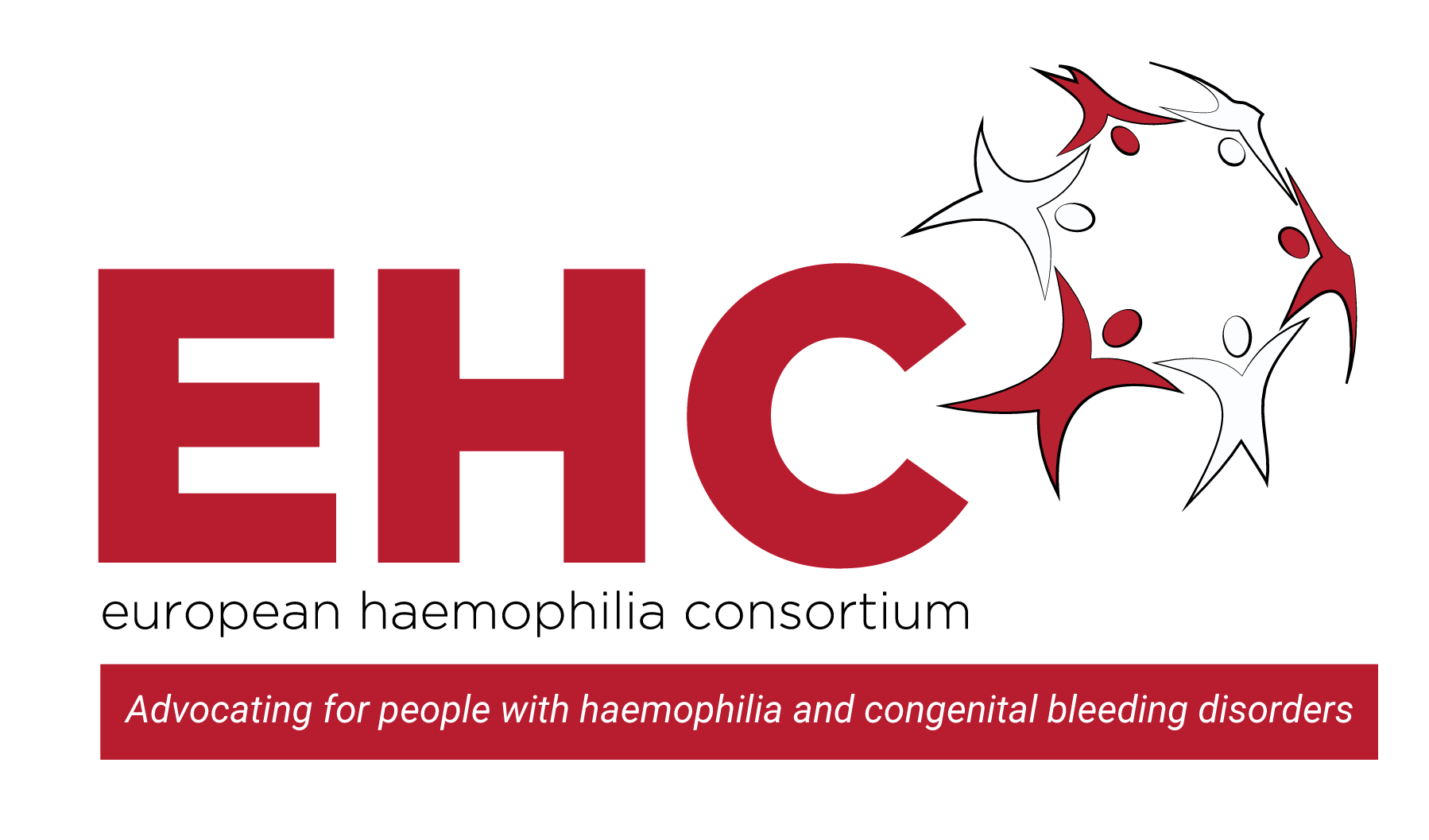
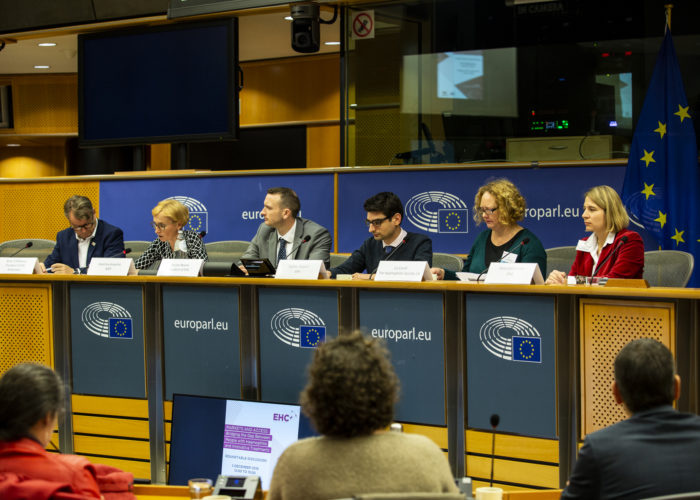
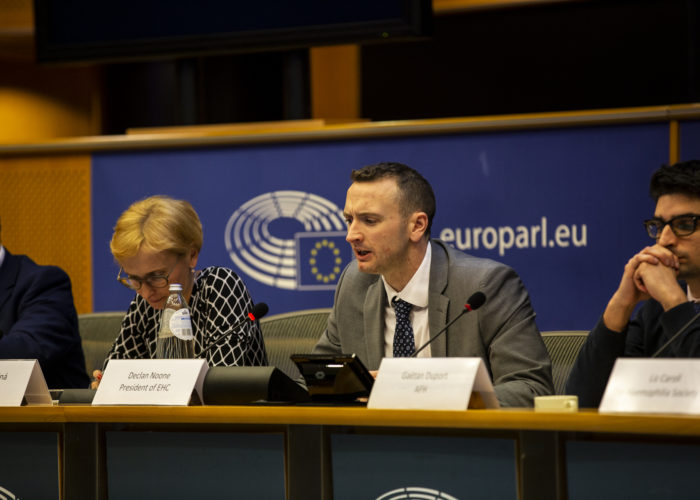
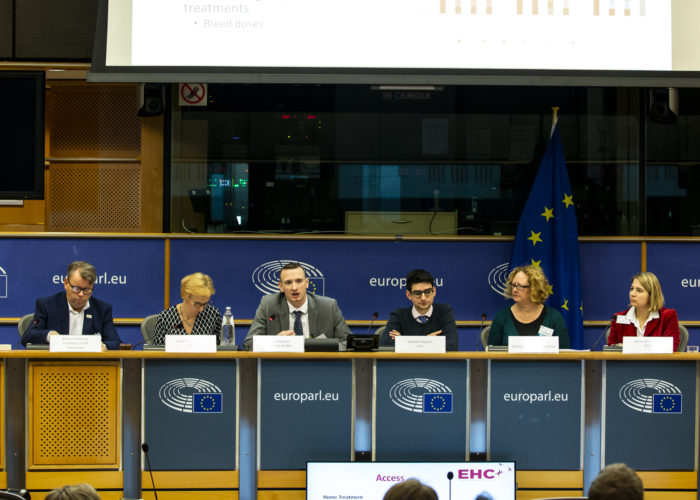
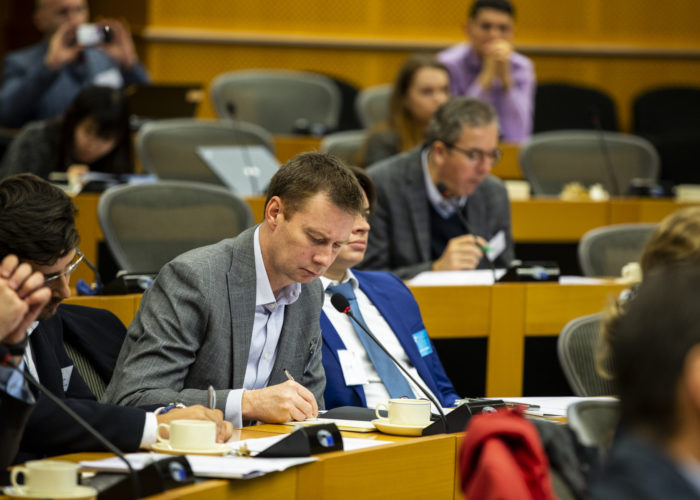
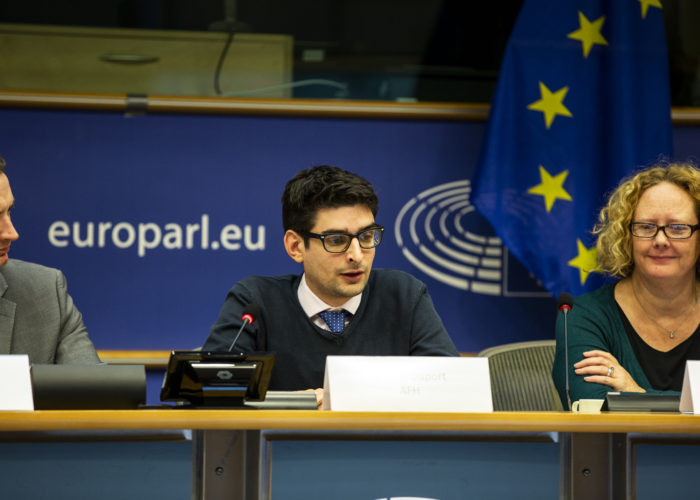
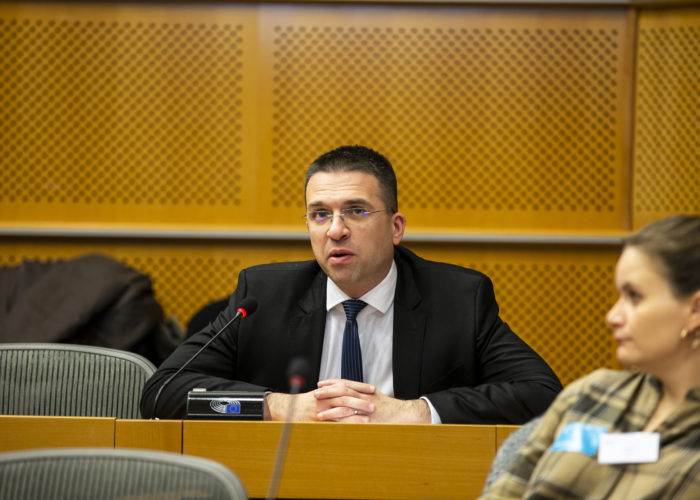
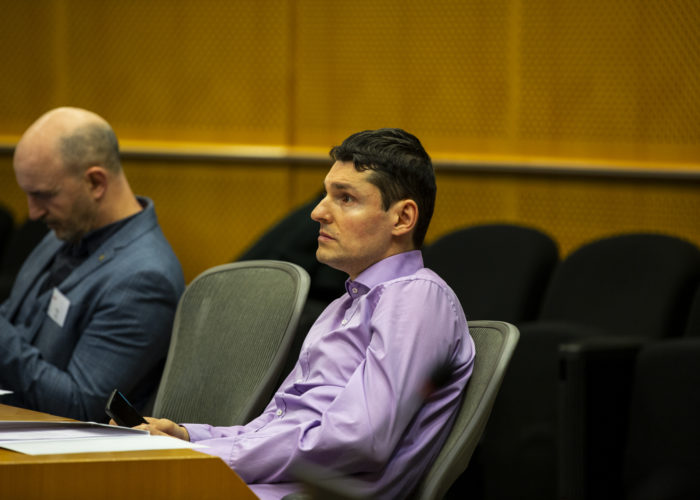
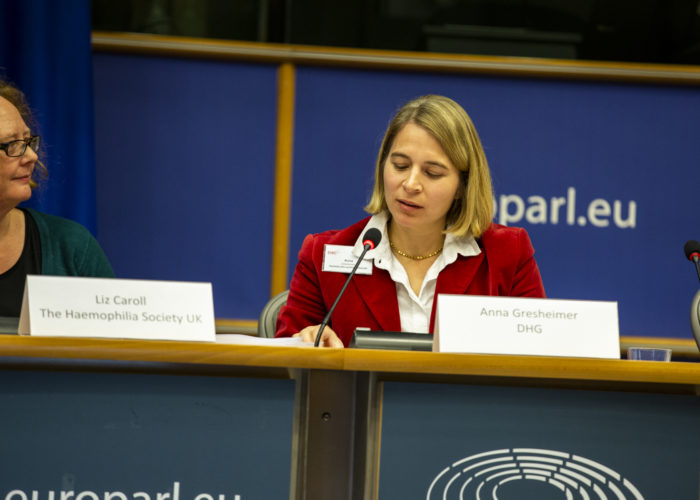
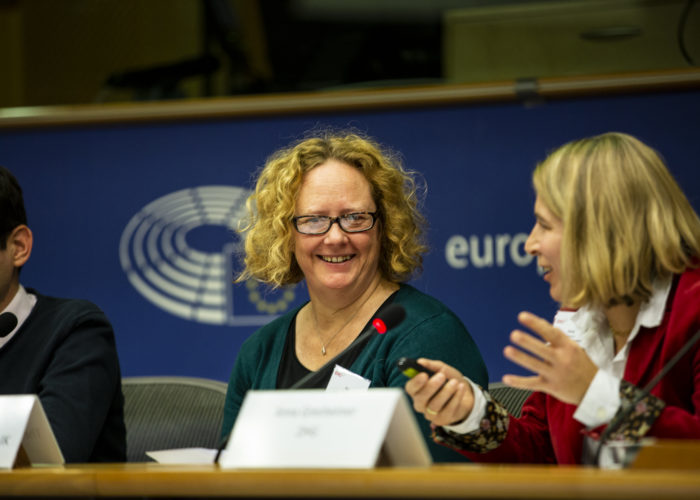
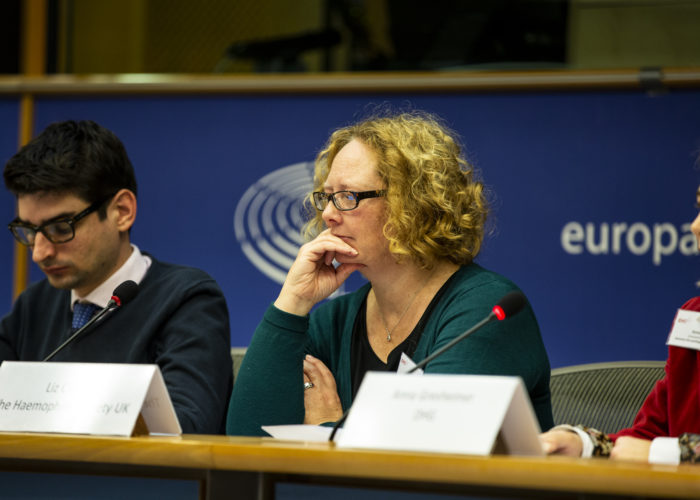
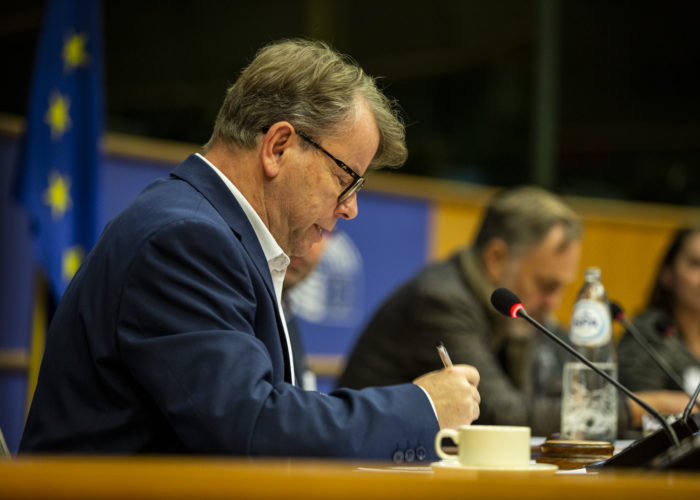
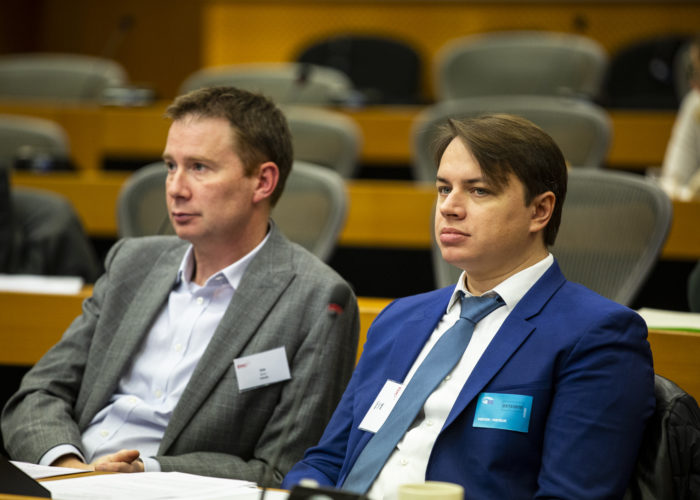
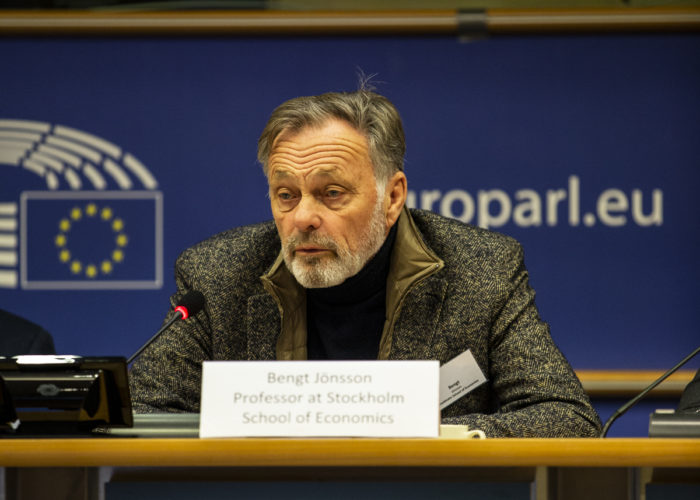
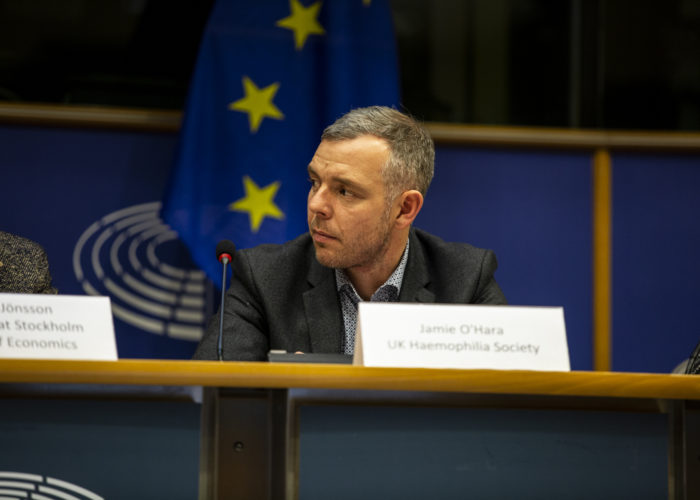
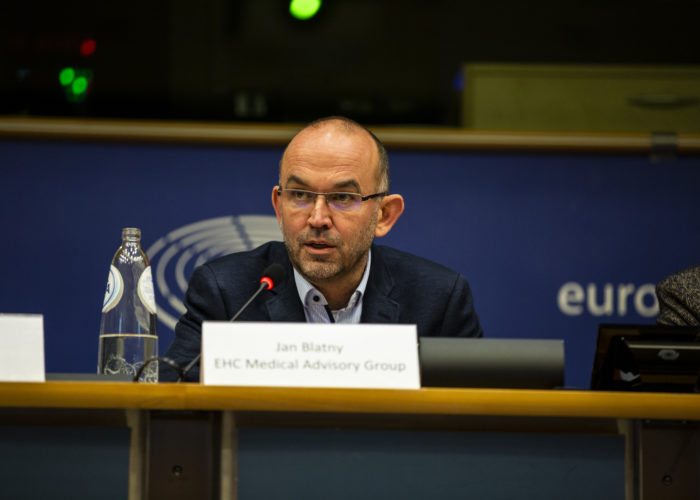
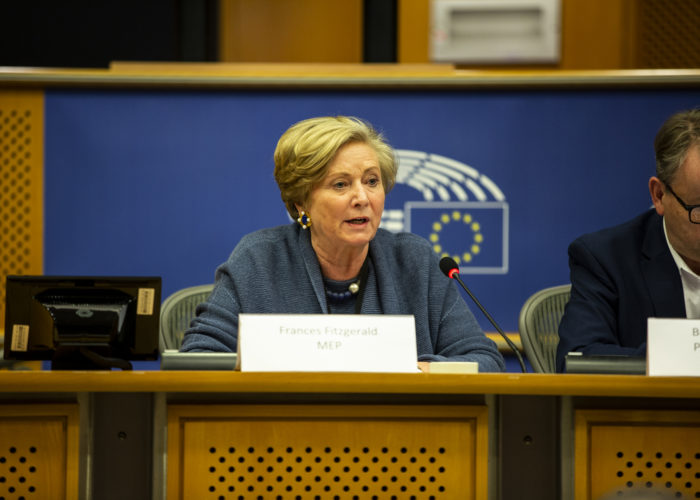
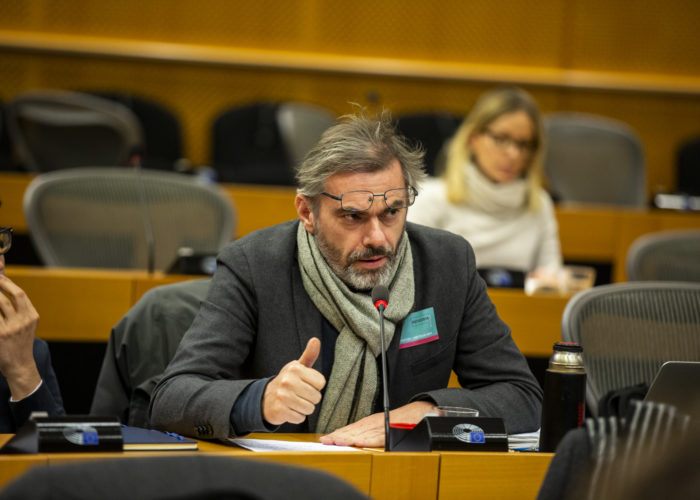
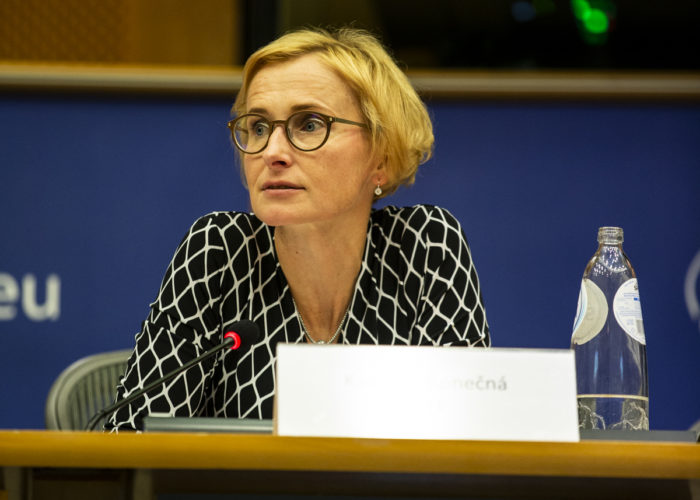
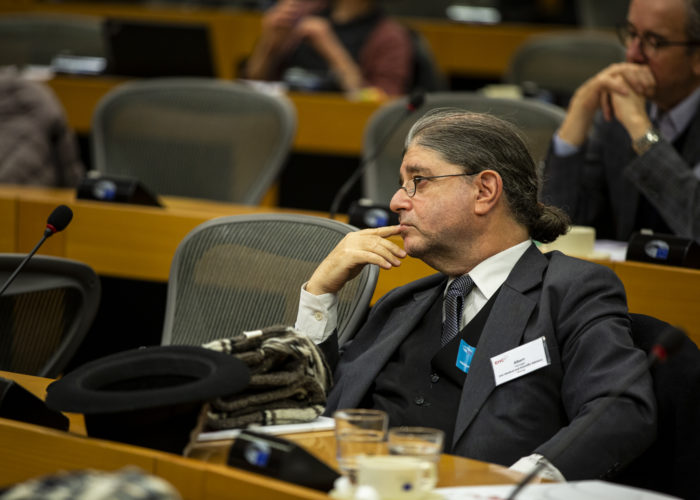
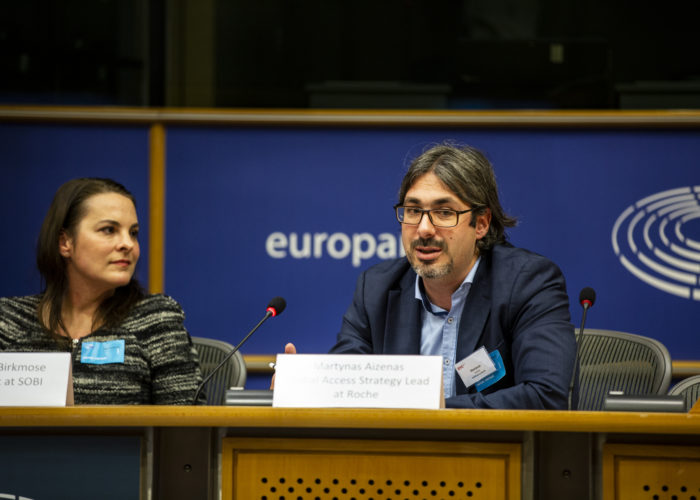
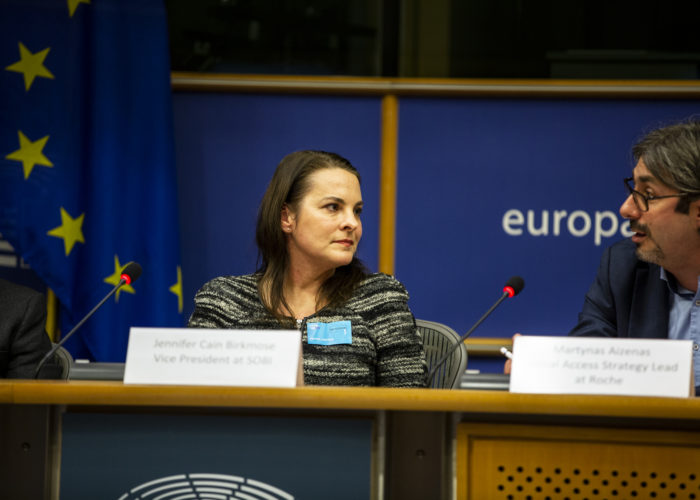
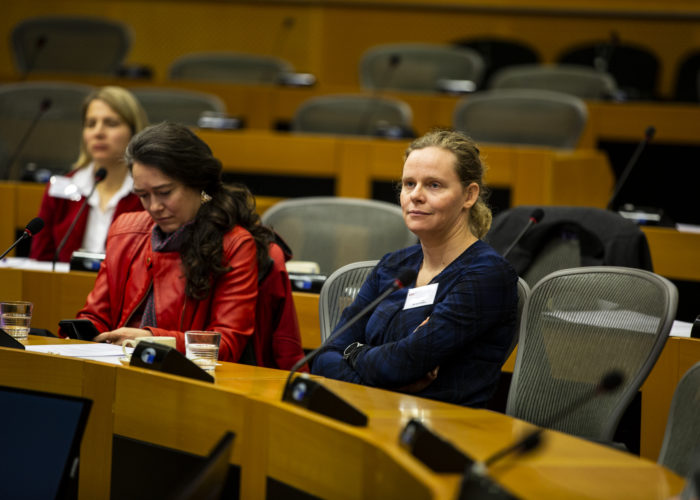
 Jim is aged 66 and has Haemophilia A with a high titer inhibitor which he developed at age 14.
Jim is aged 66 and has Haemophilia A with a high titer inhibitor which he developed at age 14. Maria Elisa Mancuso (MD, PhD) is a Haematologist and works as a Senior Haematology Consultant at the Center for Thrombosis and Haemorrhagic Diseases of IRCCS Humanitas Research Hospital in Rozzano, Milan, Italy. She is Adjunct Clinical Professor at Humanitas University. She obtained a post-degree in Clinical and Experimental Haematology and a PhD in Clinical Methodology. She is involved in clinical research and has published several original articles in peer-reviewed journals a The Lancet, Blood, Journal of Thrombosis and Haemostasis, Haematologica, Thrombosis and Haemostasis, British Journal of Haematology and Haemophilia. She is reviewer for several peer-reviewed journals and member of the Editorial Board of JTH. She is a member of several scientific societies (ISTH, WFH, ASH, EAHAD, SISET, AICE) and was a medical member of the Inhibitor Working Group of the European Hemophilia Consortium. She is co-chair of the ADVANCE Study Group. She has acted also as co-chair of the Scientific and Standardization Subcommittee of ISTH on FVIII, FIX and rare bleeding disorders. She has been involved as principal and co-investigator in several clinical trials, and she takes care of both children and adults with hemophilia and other congenital bleeding disorders with a specific scientific interest in novel therapies, prophylaxis, inhibitors, and chronic hepatitis C.
Maria Elisa Mancuso (MD, PhD) is a Haematologist and works as a Senior Haematology Consultant at the Center for Thrombosis and Haemorrhagic Diseases of IRCCS Humanitas Research Hospital in Rozzano, Milan, Italy. She is Adjunct Clinical Professor at Humanitas University. She obtained a post-degree in Clinical and Experimental Haematology and a PhD in Clinical Methodology. She is involved in clinical research and has published several original articles in peer-reviewed journals a The Lancet, Blood, Journal of Thrombosis and Haemostasis, Haematologica, Thrombosis and Haemostasis, British Journal of Haematology and Haemophilia. She is reviewer for several peer-reviewed journals and member of the Editorial Board of JTH. She is a member of several scientific societies (ISTH, WFH, ASH, EAHAD, SISET, AICE) and was a medical member of the Inhibitor Working Group of the European Hemophilia Consortium. She is co-chair of the ADVANCE Study Group. She has acted also as co-chair of the Scientific and Standardization Subcommittee of ISTH on FVIII, FIX and rare bleeding disorders. She has been involved as principal and co-investigator in several clinical trials, and she takes care of both children and adults with hemophilia and other congenital bleeding disorders with a specific scientific interest in novel therapies, prophylaxis, inhibitors, and chronic hepatitis C. As a patient with factor II deficiency, the diagnostic and treatment of rare bleeding disorders is a matter dear to my heart. My motivation to participate in the work of the ERIN committee is to improve both diagnostic and treatment for patients with rare bleeding disorders across Europe.
As a patient with factor II deficiency, the diagnostic and treatment of rare bleeding disorders is a matter dear to my heart. My motivation to participate in the work of the ERIN committee is to improve both diagnostic and treatment for patients with rare bleeding disorders across Europe. Economist and financial expert by profession, executive coach and trainer by passion and haemophilia advocate by every drop of my blood through my son (who has severe haemophilia A with inhibitors). Bringing a good decade of practical experience from the corporate insurance world, laser focus, growth mindset and resilience from my own experience, offering you anything I can just do, in hope that together we can make life more fulfilled for those impacted by bleeding disorders.
Economist and financial expert by profession, executive coach and trainer by passion and haemophilia advocate by every drop of my blood through my son (who has severe haemophilia A with inhibitors). Bringing a good decade of practical experience from the corporate insurance world, laser focus, growth mindset and resilience from my own experience, offering you anything I can just do, in hope that together we can make life more fulfilled for those impacted by bleeding disorders. Amy Owen-Wyard is a Registered Mental Health Nurse. With experience working with children, young people, their families and adults with severe and enduring mental health conditions. Amy was also involved in a service improvement to provide a holistic care approach for those in general hospitals to support both their mental and physical health, whilst sharing her expertise and knowledge in mental health with the wider multidisciplinary team.
Amy Owen-Wyard is a Registered Mental Health Nurse. With experience working with children, young people, their families and adults with severe and enduring mental health conditions. Amy was also involved in a service improvement to provide a holistic care approach for those in general hospitals to support both their mental and physical health, whilst sharing her expertise and knowledge in mental health with the wider multidisciplinary team.